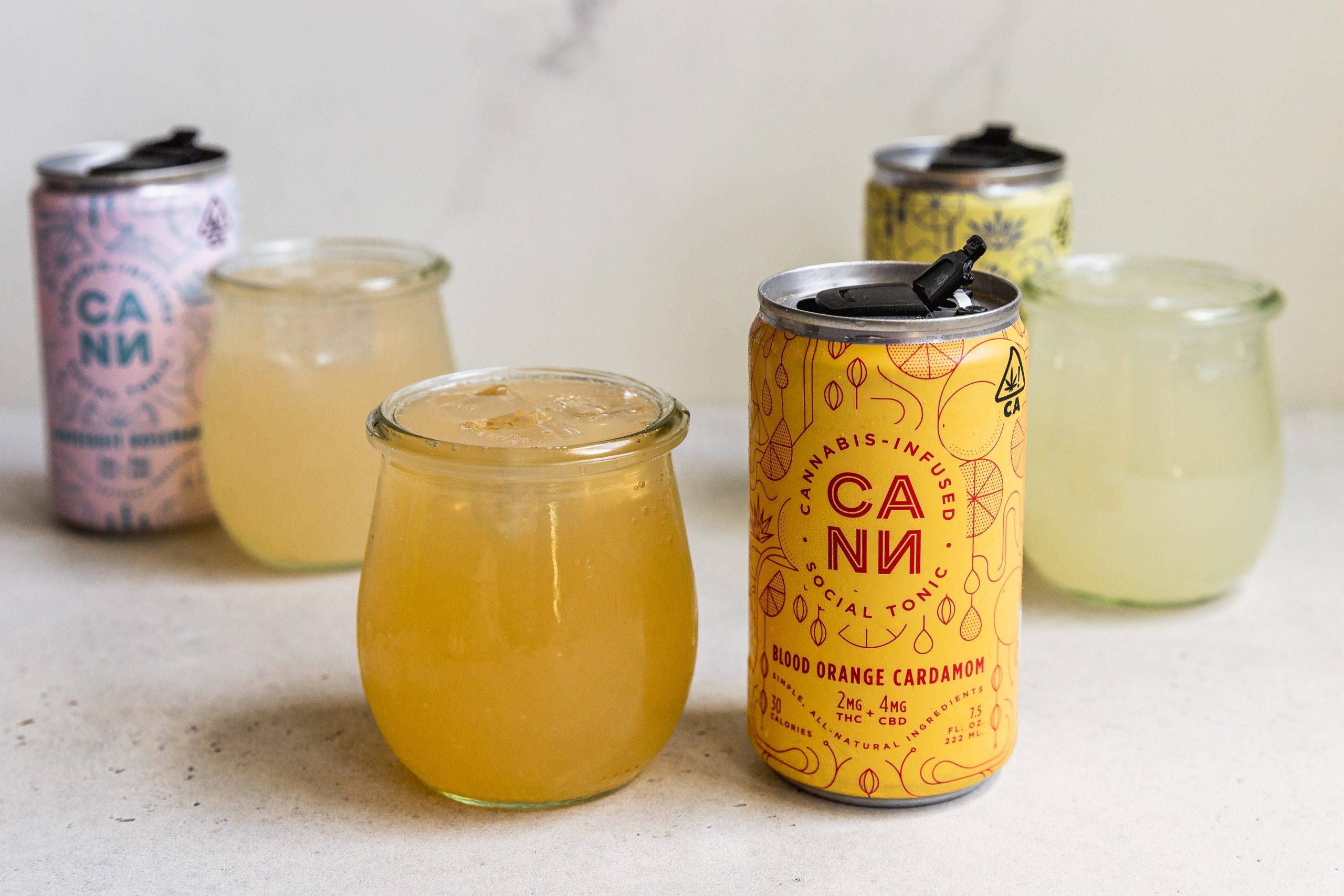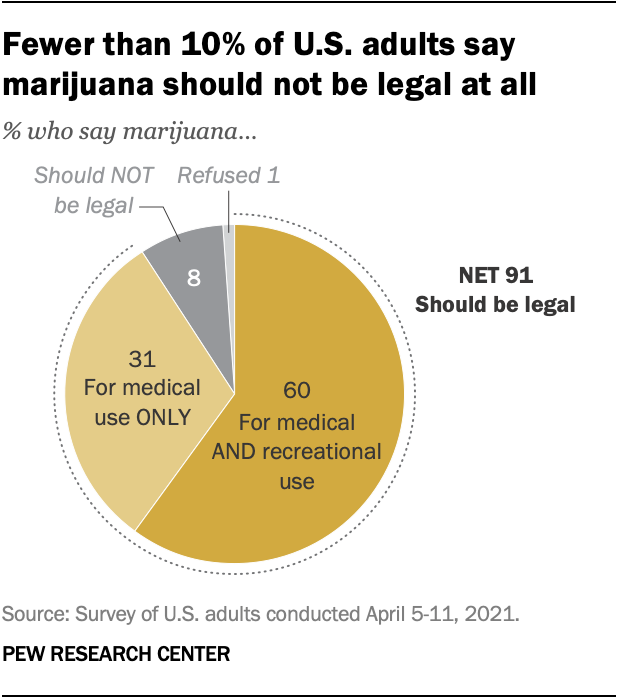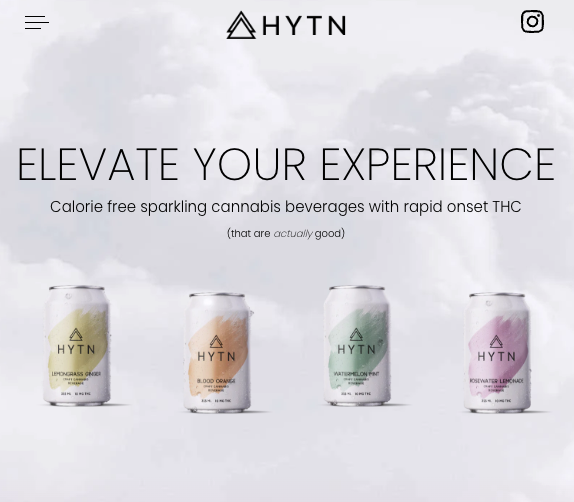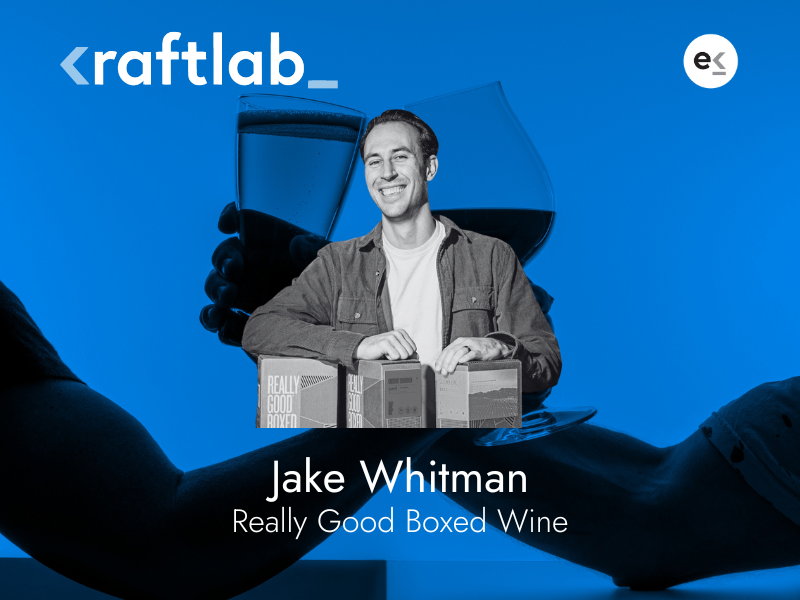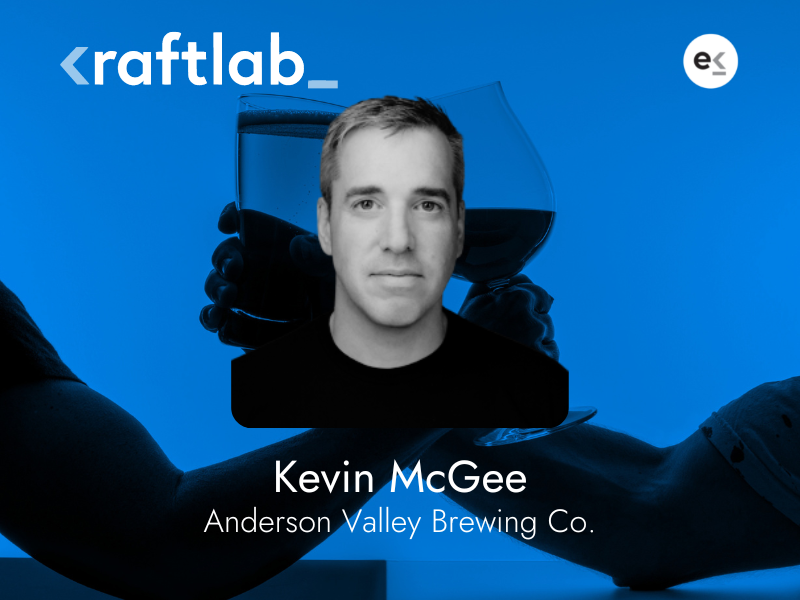The last several years have introduced many changes to the industry landscape for alcohol producers. From the boom in popularity and availability of hard seltzers to supply chain and distribution challenges due to the pandemic, industry trends are keeping alcohol producers on their toes. Today we’re discussing a budding trend that has the potential to capture a huge market share in the coming years: cannabis-infused beverages.
Trend Watch: Cannabis-Infused Beverages
Cannabis-infused beverages are slated to grow in popularity in the coming years. Experts estimate the cannabis-infused beverage market will be worth $2.8 billion annually by 2025. And that’s a conservative estimate, given the fact that cannabis remains illegal federally and in many states. As public opinion continues to favor the legalization of marijuana for medical or recreational purposes, the market share devoted to cannabis-infused beverages will likely continue to grow.
One key factor to know for alcoholic beverage producers: federal regulations prohibit the production and sale of alcoholic beverages that contain controlled substances. Even though some states have legalized medical and/or recreational marijuana, it remains illegal on a federal level, which thus far has limited the growth of companies aiming to popularize cannabis-infused products. Marijuana is still a controlled substance under federal law, which prohibits its addition to alcoholic beverages. These cannabis-infused beverages on the rise are non-alcoholic.
Notably, Canada legalized recreational marijuana use nationwide in 2018. Many key players in the cannabis-infused beverage space are Canadian.
What Is a Cannabis-infused Beverage?
Cannabis-infused beverages generally contain both CBD, which is legal in many U.S. states, and THC, the psychoactive component of marijuana, which remains illegal in some states and under federal law.
The cannabis beverage industry has grown in recent years as technology improvements have made cannabis-infused beverages more feasible. Cannabis is fat-soluble, which makes it very difficult to dissolve in water. It can be dissolved in alcohol, but for the regulatory reasons we’ve mentioned, that isn’t an option for U.S. beverage producers. Improvements in emulsifiers have made cannabis-infused beverages better tasting and more consistent in dosage.
Cannabis-infused beverages are available in a range of varieties that mimic existing alcoholic beverage options. There’s wine, seltzer, beer, spirits, and pre-mixed cocktails — all without any alcohol content and containing different quantities of THC and/or CBD. There are even powdered drink mixes similar to those of a sport drink mix that you can mix into your water at home. These drinks include brands like:
- CANN, the “cannabis-infused social tonic.” Sparkling mixed drinks in flavors like grapefruit rosemary and ginger lemongrass.
- Recess, the millennial-chic cannabis-infused sparkling water. Last year, Recess announced a partnership with alcohol distributor Breakthru Beverage Group.
- Rebel Coast, maker of infused seltzers and non-alcoholic cannabis-infused wines.
- HYTN, calorie-free sparkling cannabis beverages with rapid onset THC.
Cannabis is absorbed faster when consumed in liquid than when it’s consumed in food (edibles). Faster absorbance means the effects fade faster, making it more suitable for consumption in settings where consumers might normally choose an alcoholic beverage, like at bars or parties.
Legalization
The proliferation of cannabis-infused beverages rests on the decriminalization of cannabis. While the industry has thus far been able to operate within the strange, often esoteric laws regarding production, marketing, and sale of its products, growth has been severely inhibited by state and federal laws. All business functions are more complicated in this industry, from fundraising to logistics, since laws vary so much state by state.
The projections we’ve shared about the growth in popularity of cannabis-infused beverages are based on the current legal status of marijuana and the public support for legalization. In states where recreational marijuana use is legal, we’ve seen growing interest for these cannabis-infused beverages.

We will likely see further progress in the push for marijuana legalization in the coming years. Of course, there’s always a chance things could go in the opposite direction, depending on the political landscape. The cannabis beverage industry is unique in how keenly its growth depends on the machinations of politicians. Still, all signs point to more relaxing of regulations and potentially nationwide legalization.
A Wellness Option?
Alcohol producers should know that the cannabis-infused beverage industry is leaning heavily into a marketing angle of wellness and health with their products. Industry leaders are capitalizing on cultural changes that have many consumers questioning their intake of sugar, alcohol, and other substances. Because their drinks are alcohol-free and often low in calories, marketing teams play up cannabis-infused beverages as a “health option” that can help us sleep better and relax.
Health-conscious consumers are increasingly sober curious or even “Cali sober”, the anachronistically named term for partially or completely replacing alcohol consumption with “less harmful” alternatives like cannabis. Alcohol can have negative health effects and should certainly be consumed in moderation. But marketing cannabis as a health option is disingenuous at best. Marijuana can also cause ill health effects, from memory problems to addiction to psychosis. Regardless of their accuracy, it’s important to familiarize yourself with the marketing angles cannabis beverage companies are using.
Possible Effects to the Alcoholic Beverage Industry
- With the expanding growth of the wellness market in the United States, alcohol producers are going to have to reckon with the growth of these healthier beverage options.
- As the cannabis-infused beverage market share grows, shelf space for beer and wine in stores may shrink. It happened with hard seltzers and it will happen again.
- The fate of cannabis-infused beverages rests with its legal battle. Concerned alcohol producers should keep an eye on marijuana legalization efforts.
- The main players in this space are currently small boutique brands like CANN. But as they grow in popularity, we’ll likely see some large alcohol producers and distributors get in on the opportunity. We see the beginning of this already with the recent deal between Recess and Breakthru Beverage Group.
- Continued growth of other functional beverages such as kombucha, mineral water, and herbal infusions will further shrink shelf space for craft beer options.
Alcohol producers should take note of this latest beverage-industry trend and keep an eye out for cannabis-infused beverage news in the coming months and years. Whether you see it as an opportunity to diversify your offerings or competition for shelf space, by all accounts we will be seeing more of these beverages in the coming years.
